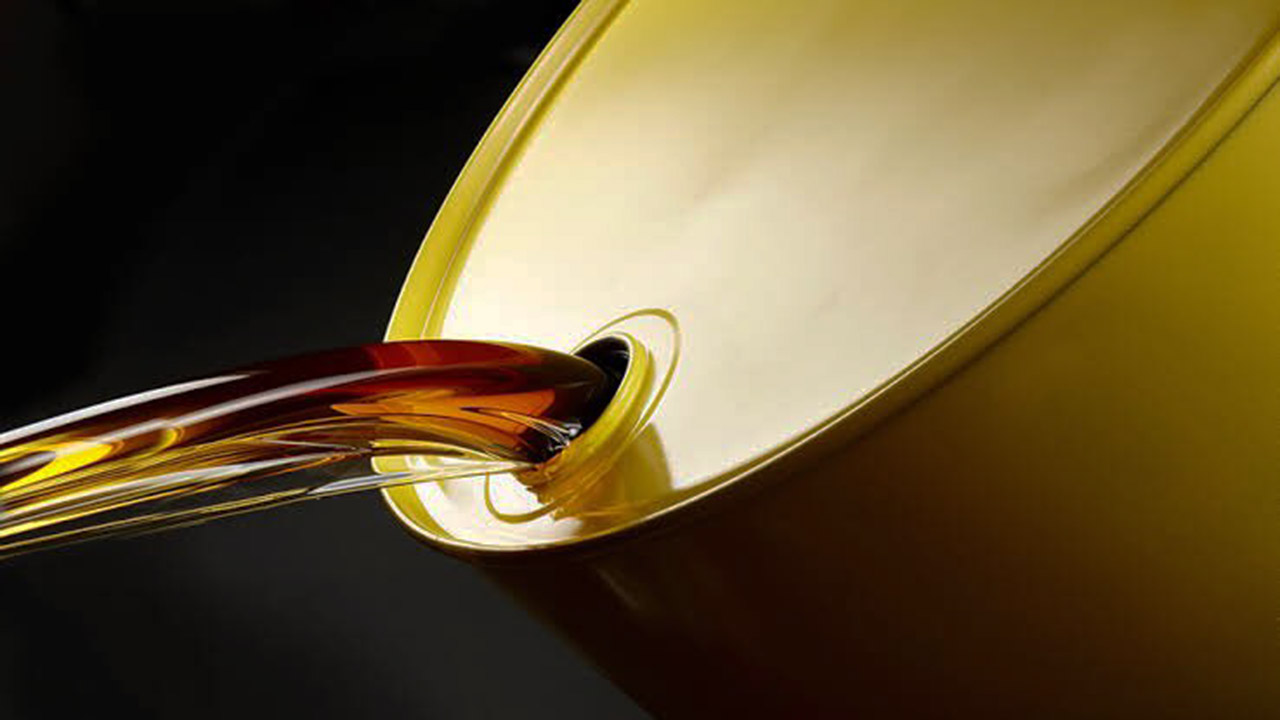Thursday, delegates at of Organisation of the Petroleum Exporting Countries (OPEC) members ruled that its planned cut in oil output will effectively depend on the contribution from non-OPEC producer, Russia.
Already, Nigeria is under pressure to join cuts which analysts say will hit the economy bad following weak new developments in the local front.
At its crucial meeting in Vienna aimed at rebounding battered oil prices, about five delegates said the group was waiting for news from Russia as Energy Minister, Alexander Novak, who had returned to Moscow for a possible meeting with President Vladimir Putin on the proposal.
Whereas Novak will return to Vienna today, Friday for talks between OPEC and its allies, following discussions among OPEC producers, one of the delegates averred that “I am optimistic; there will be a deal, but it is unclear how much OPEC and how much non-OPEC will contribute”.
“It is still under discussion,” he summed.
Three delegates said OPEC and its allies could cut output by one million barrels per day if Russia contributed 150,000 bpd of that reduction.
“If Russia contributed around 250,000 bpd, the overall cut could exceed 1.3 million bpd.
“The cut will be between 1.0 and 1.3 million bpd.
“We just have to see how it will be distributed,’’ another delegate said.
The Middle East-dominated OPEC planned to cut output despite pressure from US President Donald Trump to support the global economy by keeping oil prices low.
OPEC’s de facto leader, Saudi Arabia, has indicated it wants the organisation and its allies to curb output by at least 1.3 million bpd, or 1.3 per cent of global production.
Riyadh wants Moscow to contribute at least 250,000-300,000 bpd to the cut but Russia insists the amount should be only half of that, according to OPEC and non-OPEC sources.
Oman’s Oil Minister, Mohammed bin Hamad Al-Rumhy, said on Wednesday that the cuts would take September or October 2018 as baseline figures and last from January to June.
Oil prices LCOc1 have crashed by almost a third since October to about $61 per barrel as Saudi Arabia, Russia and the UAE have raised output since June after Trump called for higher production to compensate for lower Iranian exports.
Iranian exports have plummeted after Washington imposed fresh sanctions on Tehran in November giving room for multiple options on the table of OPEC members.









